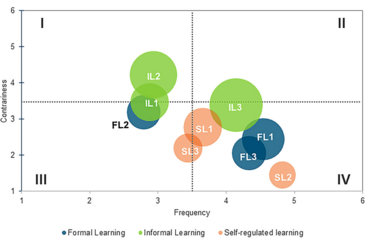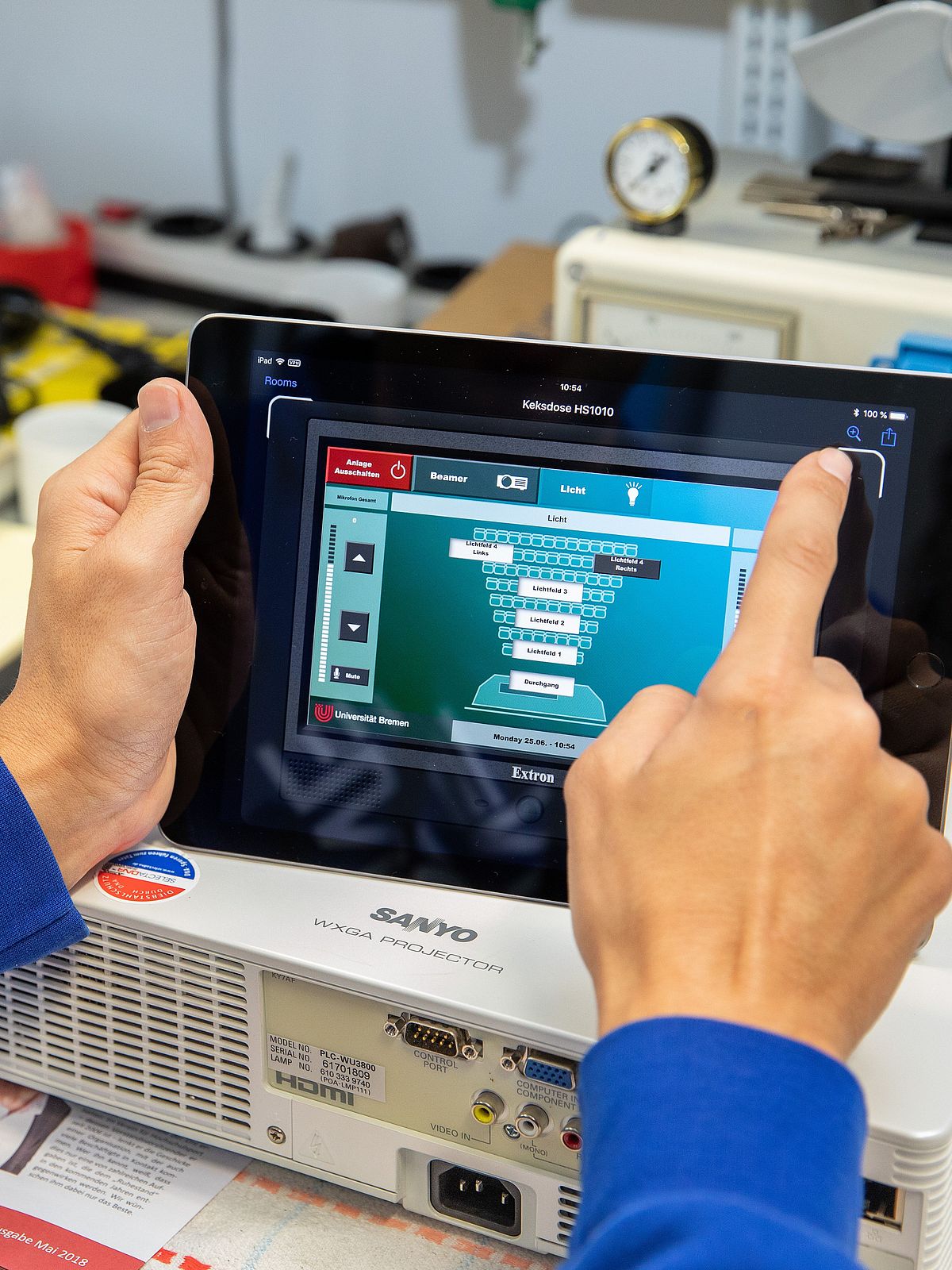Professional life is full of paradoxes and contradictions, and the same applies to work-related learning. In a recent study, Dr. Hilko Paulsen, Prof. Dr. Timo Kortsch and Dr. Julian Decius examined which work-related learning paradoxes exist and how these are assessed by practitioners in terms of contrariness and frequency. The results of the study have now been published in English in the journal ‘Gruppe. Interaction. Organisation (GIO)’.
Based on three forms of work-related learning (i.e., formal, informal, and self-regulated learning) and three learning-relevant dimensions of organizational goal conflicts (i.e., stability vs. change, exploration vs. exploitation, and short-term vs. long-term), nine work-related learning tensions are described that can lead to paradoxical situations. Using survey data of 113 experts from the field, these tensions were evaluated according to their frequency in everyday organizational life and their perceived contradictory nature. The findings show that there are many frequently occurring but less contradictory tensions and some very contradictory but rarely occurring tensions.
The complete results are freely accessible here.








